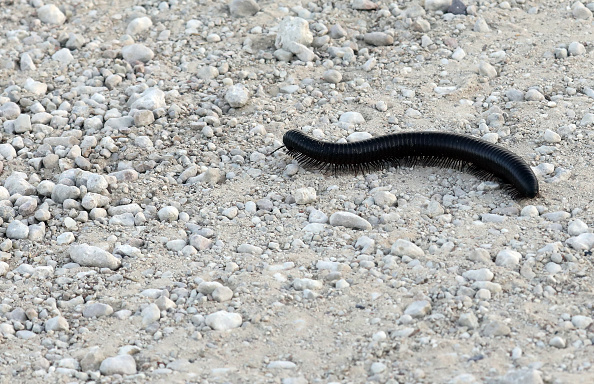Hundreds of Portuguese millipedes are invading homes along Wellington’s South Coast, especially in places like Ōwhiro Bay.
Locals have found the small, dark-coloured creatures in their shoes, bags, and even their beds. The sudden rise in numbers has left many residents feeling overwhelmed and exhausted, as the millipedes keep returning despite being removed multiple times.
These millipedes, originally from Europe, have been in Wellington for about 20 years. However, scientists still know little about how they are affecting the local environment. Professor Phil Lester from Victoria University explained that the creatures are hard to control because they release a smelly chemical when threatened, which makes them unappealing to predators.
Ecology student Dan Moskovitz is leading a research project to track the spread of the millipedes. He and his team have placed bark mulch bags in 47 different locations. These bags, filled with materials from Ōtari-Wilton’s Bush, help attract invertebrates and may show where the millipedes are living and how their numbers are changing.
The research also aims to find out whether the millipedes are pushing out native insects. One possible way to slow their spread is through the use of nematodes, which are tiny worms that enter the millipedes’ bodies and release bacteria that can kill them. Although this method won’t wipe out the millipedes completely, scientists hope it will stop them from moving into new areas.













